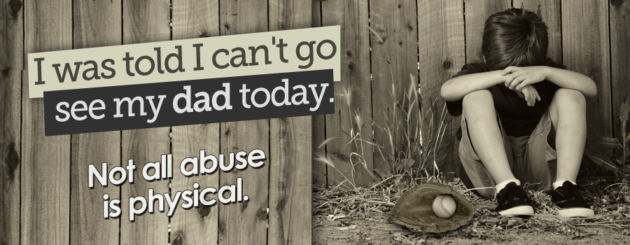Child Support Myths
Child support myths are found on the internet or in support groups. How do you know what are child support myths and what are the facts? Read on...
Agreement to Reduce and Eliminate Child Support
Sometimes fathers think they can agree with the mother to reduce child support or get rid of child support. Remember there are three parties to any child support case; custodial parent, non-custodial parent, and the Office of the Attorney General. To enter into such an agreement it would take ALL three parties to agree. Often the Office of the Attorney General will not agree. This is especially true if the child is receiving State benefits.

Child Support Arrearage
Child support arrearage is just a fancy word for past due child support. Secondly, the next child support myth is that child support arrearage goes away when the child turns 18 years of age. This is not true. When the custodial parent did not receive all the money accrued it is assumed they used their own monies to support the child. Therefore, the custodial parent is still owed child support from the non-custodial parent. This results in many fathers still paying on their child support arrearages long after the child has turned 18.
Enforcements and Jail Time
Furthermore, when payments meant to settle child support arrearage are delinquent enforcement can include jail time. The third child support myth is being jailed for past-due child support violates the father's constitutional rights. The truth is, the father is not jailed for failure to pay a debt (child support). Rather, he is jailed for failure to comply with a court order. Contempt of court is the reason.
The Office of the Attorney General Represents Mom

The final child support myth is that the Office of the Attorney General represents Mom. Frequently the role of the Office of the Attorney General is misunderstood. As stated earlier, there are three parties to every child support case. They are the non-custodial parent (typically the father, the custodial parent (typically the mother), and the State (Office of the Attorney General).
It is unlawful for the state to represent either of the parents. However, the state and one of the parents may have aligned interests. If you witness or can prove the state is directly representing or advising the other parent, consider notifying the court of this unethical behavior.
English | Español

can be contacted by
phone or text at
Can you hug your child today? We can help!



